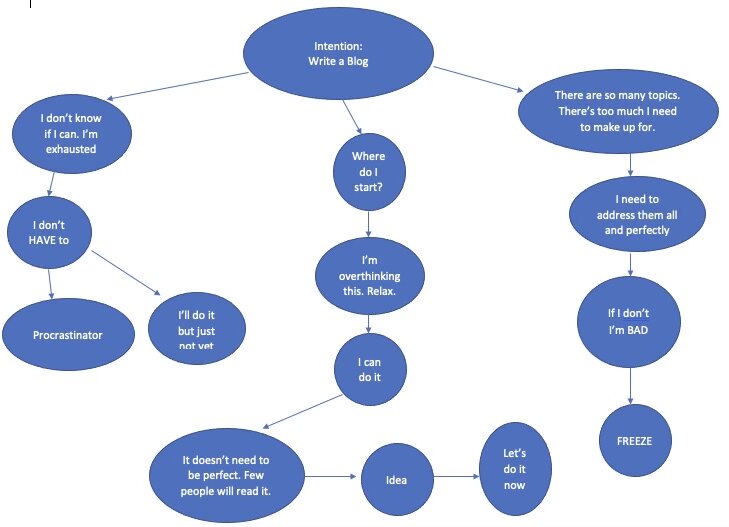I get so excited when I hear about the impact IFS Therapy is having and when I hear it getting the attention it deserves. I first experienced IFS as a client when I was in my late 20s. My therapist and learner parts were immediately drawn to the model. It made sense to my system. Not only that, I felt something shift within me… the therapy works! I immediately signed up to attend a one week training with Dr Richard Schwartz in Cape Cod. After that, I went on to sign up for Level 1. It has been both personally and professionally life changing.
I love how nonpathologizing IFS is. When we get curious and extend compassion to our parts, we realize what they are trying to do makes total sense. These parts are stuck and are no longer helping us in the way they originally intended. They don’t have all the information and we can help get them up to speed so these parts can take on their preferred roles. We can release the burdens our vulnerable parts have been carrying.
The IFS community has grown so much. I completed IFS Level 1 training in Boston in early 2012. Back then I didn’t know many therapists who were using this amazing model, but there was a growing community in New England. When I moved cross country to San Diego, I knew even less therapists locally using IFS. That’s not the case any more though. IFS is mentioned frequently in online communities by therapists, therapy clients, and individuals doing their own self study using the model. Another place where I’m hearing about IFS therapy therapy more is on podcasts. One of the cool things about learning about IFS therapy on podcasts is that sometimes they feature IFS founder Dr Richard Schwartz doing a piece of work. Here are some podcast episodes that feature IFS.
Huberman Lab
How to Achieve Inner Peace & Healing | Dr. Richard Schwartz
We Can Do Hard Things
Inside an Internal Family Systems (IFS) Therapy Session with Glennon & Richard C. Schwartz
Abby & Amanda’s IFS Therapy Sessions with Richard Schwartz: Why We Do What We Don’t Want to Do
The Healing Trauma Podcast
Healing Childhood Trauma Using IFS
Raising Good Humans
Make Peace with Your Anger Through the Internal Family Systems Model
For a more extensive list of podcasts featuring IFS see the IFS Institute website.
If you are interested in working with me using IFS therapy send an email or message me through this website.




